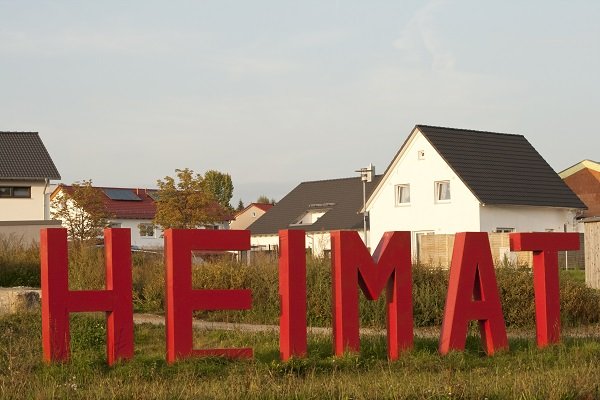Germany needs 50% more homes to house migrants
The German government expects 800,000 migrants to flee to Germany from the Middle East by the end of 2015 and they will need homes. Tranio investigates how much property the country needs to house these new refugees and what measures the German government has already put in place.

The recent stand taken by Germany's leader Angela Merkel to accept as many refugees as possible has also been accused of attracting even more migrants. With rising house prices and high density already on the territory of Europe's leading economy, the country's task to accommodate these new migrants will not be easy.
Doubling the construction rate
While the country only planned to accept about 200,000 migrants in early 2015, the now expected 800,000 arrivals by the end of the year will give the government little choice but to ramp up public spending and construction.
Germany will have to increase the pace of construction for public housing from the current 240,000 to 400,000 new homes a year in order to handle the increasing influx of migrants from the Middle East, says a new report by the Eduard Pestel Institute for Systems Research (IPS) published in September.
Experts at the Berlin Institute for Urban Development, the Housing Industry and Loan Associations shared similar forecasts earlier in spring this year expecting Germany to need a extra 420,000 new homes per year.
Bringing down the housing market
Analysts at IPS note that, besides increasing the construction volume, the state will have to reduce the average rental rate for social apartments to €7.5/sq m – from a current average of €10.0/sq m – to make it affordable for both refugees and the federal government who subsidises their rent.
Against this backdrop, the German Masonry Construction Association urged the German federal and local authorities to give more support to private social development initiatives. Experts estimate the total subsidies required to house the migrants should be €3 billion to €6 billion.
Creative policy thinking
Germany’s experts are also calling on the government to encourage
The
Strong-arming the opposition
Meanwhile, the local authorities are still working on housing the migrants that have already arrived. Deputies of the Hamburg parliament proposed forcing owners of vacant commercial properties to use these premises as temporary accommodation after the authorities of Tübingen,
These
Penny-wise construction standards
The fact that these urgent measures will not resolve the overall issue is no secret. At least €60 billion will be needed over the coming decade to eliminate the housing shortage according to estimates by Aengevelt Immobilien, a German real estate company. Its director Wulff Aengevelt echoes this sentiment: “The public sector can’t afford to spend that much.”
Additional measures are being worked on, some of which may not appreciated by the
Germany’s real estate future
It is yet to be seen how the events in the Middle East will transform the German real estate market, but there are a few points upon which experts agree:
- The huge influx of migrants generates additional demand on the affordable rental housing market that was already under pressure and in short supply.
- Construction volumes have to increase to accommodate the enormous number of expected migrants.
- The government will likely ease construction standards and introduce additional measures encouraging private investors.
- Refugee accommodation subsidies may continue for years as the government figures out how to integrate new arrivals onto the job market.
Ivan Chepizhko, Tranio
We will send you a content digest not more than once a week
Property for sale in Marbella, Spain
Cost of property in Barcelona, Spain
Residence permit in Indonesia (KITAS) in 2024
Tranio case: buying an apartment in Madrid and obtaining Spain Golden Visa
Spanish citizenship by investment in property in 2024
Hungary Golden Visa Program — Residence Permit by Investment in 2024
Decline expected in international demand for Greek Golden visas due to raised investment threshold
